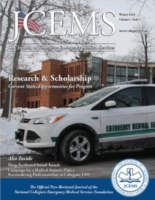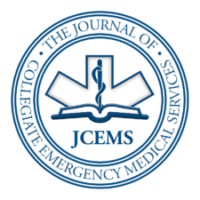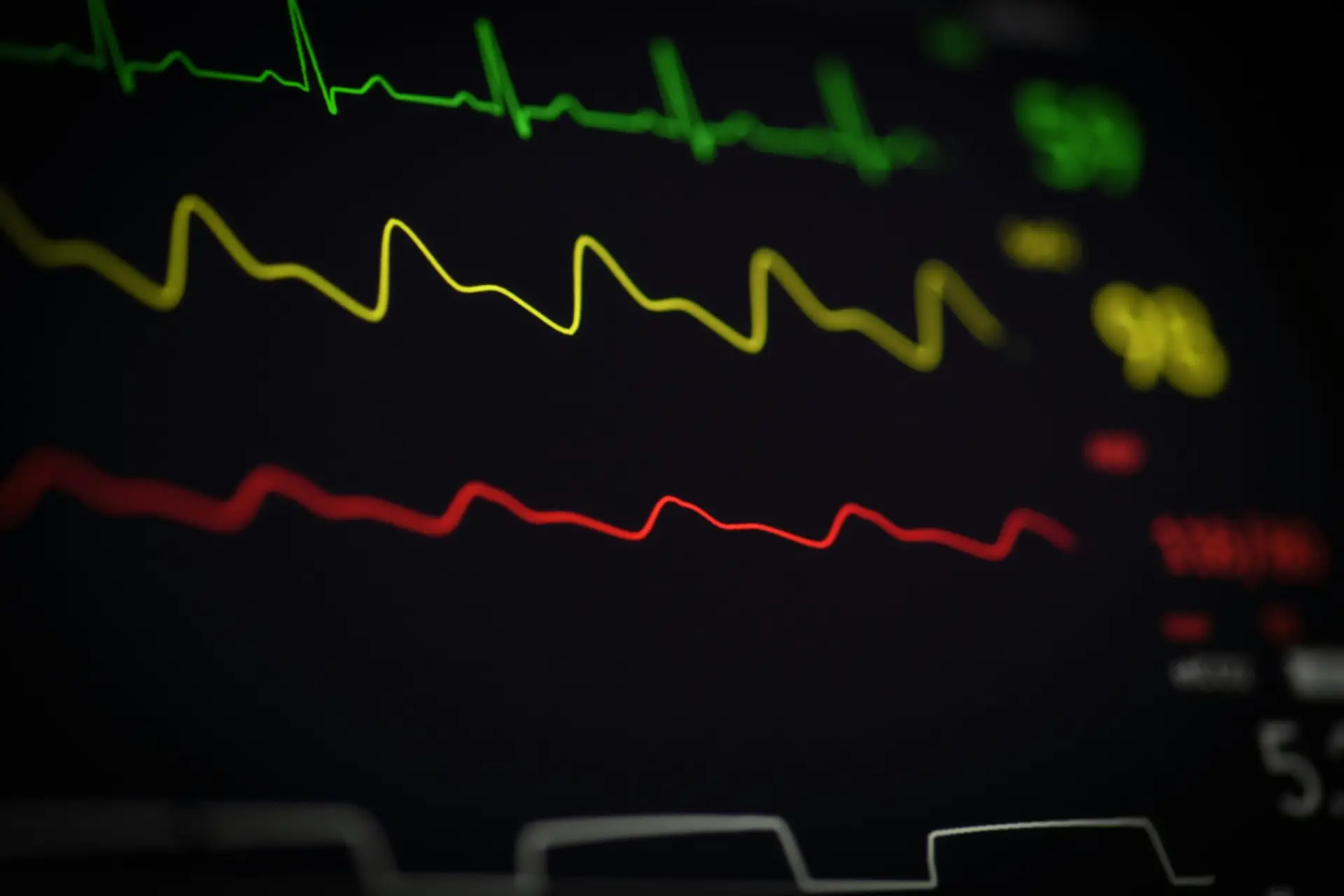About JCEMS
 The Journal of Collegiate Emergency Medical Services (JCEMS) [ISSN: 2576-3687 (Print), 2567-3695 (Online)] is the official, peer-reviewed journal of the National Collegiate Emergency Medical Services Foundation. Established in 2017, JCEMS publishes the only scholarly journal and news source dedicated exclusively to the collegiate and campus-based EMS community. JCEMS publishes seasonal print issues and provides all content online on its open-access website (CollegeEMS.com). The Editorial Board is composed of clinicians, researchers, educators, and leaders with extensive records of service in collegiate EMS and emergency medicine.
The Journal of Collegiate Emergency Medical Services (JCEMS) [ISSN: 2576-3687 (Print), 2567-3695 (Online)] is the official, peer-reviewed journal of the National Collegiate Emergency Medical Services Foundation. Established in 2017, JCEMS publishes the only scholarly journal and news source dedicated exclusively to the collegiate and campus-based EMS community. JCEMS publishes seasonal print issues and provides all content online on its open-access website (CollegeEMS.com). The Editorial Board is composed of clinicians, researchers, educators, and leaders with extensive records of service in collegiate EMS and emergency medicine.
The JCEMS Mission
To promote leadership, clinical excellence, and original research. We stand side-by-side with collegiate EMS agencies, campus safety departments, and university health centers to protect the health and safety of our campus communities. The field of campus-based prehospital emergency care is concerningly underrepresented in the scholarly literature and in popular sources. We strive to provide a voice to the collegiate EMS community and to spur a revolution in collegiate EMS research. In addition to publishing high quality, open access content from recognized scholars and experts, we encourage and mentor budding leaders, clinicians, and researchers –students and young alumni– to develop high caliber articles and research projects.





